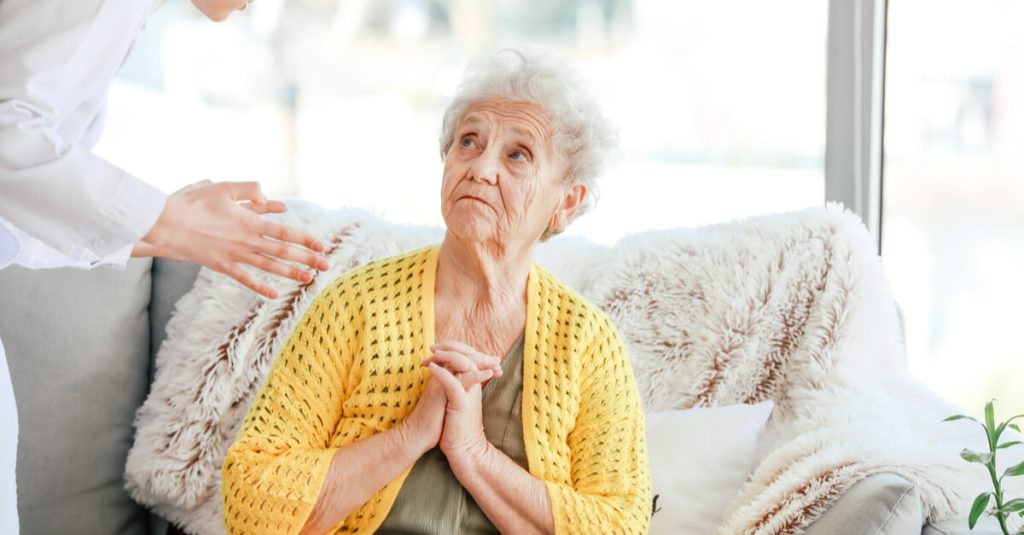Elder abuse is a serious issue that affects countless people. The elderly are often subject to physical, mental, or sexual abuse by their caregivers. Elder abuse is when someone hurts an old person. People need to be aware of how it looks and what they can do to protect elderly people. In this article, we’ll explore 10 ways you can protect yourself and your loved ones from this terrible crime!
Contents
- 1 What Is Elder Abuse?
- 1.1 Types Of Elder Abuse
- 1.2 Stages Of Elder Abuse
- 1.3 Signs Of Elder Abuse
- 1.4 Reasons For Elder Abuse
- 1.5 How To Know If Someone Is An Abuser?
- 1.6 10 Tips for Defending Against Elder Abuse
- 1.7 Treatment For Elder Abuse
- 1.8 Therapy Options For Elder Abuse
- 1.9 How To Prevent Elder Abuse?
- 1.10 Helping Someone Is Going Through Elder Abuse
- 2 Conclusion
- 3 A Word From Therapy Mantra
What Is Elder Abuse?

Elder abuse is the mistreatment of an elderly person. This can include physical, mental, or sexual abuse, as well as neglect. Anyone who knows the elderly person can hurt them. Some family members, friends, or caregivers can do it. Elder abuse can also happen in a nursing home or other long-term care facility.
Types Of Elder Abuse
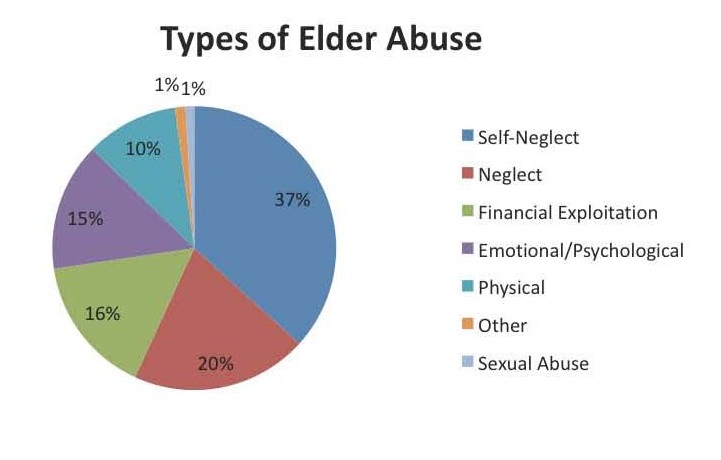
There are different types of elder abuse.
- The most common is physical abuse. This is when someone hurts the elderly person physically, often through hitting, slapping, or pushing.
- Mental abuse is also common. This includes verbal insults, threats, and humiliation. It can also involve isolating the elderly person from their friends and family.
- Sexual abuse is also a problem. This includes unwanted sexual touching and rape.
- Neglect is another common form of elder abuse. It happens when caregivers don’t take care of an elderly person. They might not give them the food or medicine they need to stay healthy.
Stages Of Elder Abuse

There are three stages of elder abuse.
- The first stage is when the abuser tries to gain control over the elderly person. They might start by isolating themselves from their friends and family.
- The second stage is when the abuse starts happening. This can be physical, mental, or sexual abuse.
- The third stage is when the abuser stops abusing the elderly person. This might be because the elderly person dies, moves away, or gets help.
Signs Of Elder Abuse
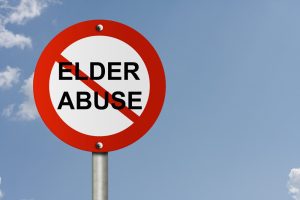
Sometimes it can be hard to tell if an elderly person is being abused. There are some signs you should look out for, though:
- Unexplained injuries – Do they have bruises or broken bones? These might indicate abuse.
- Changes in behavior – Elderly people who were independent before might suddenly become withdrawn and fearful. This could be a sign of abuse.
- Poor hygiene – This could be a sign that the elderly person isn’t being taken care of properly.
- Sudden changes in finances – If the elderly person’s bank account is suddenly empty, it might be because they’re giving all their money to the abuser.
Long-term care facilities can also be bad for the elderly. They might not get proper medical attention or food, and they could even face physical abuse.
Reasons For Elder Abuse
There are many reasons why someone might abuse an elderly person.
- Sometimes the abuser is angry or frustrated with the elderly person.
- They might feel like they’re a burden or that they’re always complaining.
- The abuser might also be stealing from the elderly person or trying to control them.
How To Know If Someone Is An Abuser?
It can be hard to tell if a loved one or caregiver is abusing an elderly person.
They might say that they’re doing it because the elder wants them there, so make sure you ask! You should also watch for signs of abuse and try talking to your loved ones about their situation.
If the elderly person is being abused, you should call social services or the police. You could also talk to their doctors about a plan of action.
10 Tips for Defending Against Elder Abuse
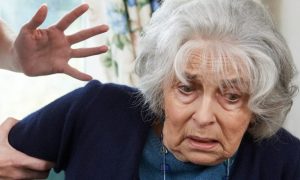
Here are some ways you can help defend against elder abuse.
- Be proactive – If you’re the caregiver for an elderly person, don’t let them be isolated from their friends and family. Check-in with them regularly to make sure they feel safe and loved!
- Keep your eyes open – You should always keep a close eye on any elderly person you know who might be at risk for abuse. If you see any signs of abuse, report it to authorities right away!
- Educate yourself – Learn about the different types of elder abuse and what to look for. This will help you identify abuse if it happens.
- Speak up – If you think someone is abusing an elderly person, speak up! You don’t have to confront them directly. Instead, talk about the abuse with other family and friends or contact social services for help.
- Get involved – If you know someone is abusing an elderly person, get involved! Talk to a doctor or social worker about the situation. They might be able to do something without involving the police if the abuser is willing to stop.
- Don’t be afraid to get help – If you’re being abused, don’t be afraid to ask for help. There are many people who can help, including friends, family members, doctors, social workers, and the police.
- Stay safe – Make sure you take precautions to stay safe if you think someone is abusing an elderly person that you know. Have a safety plan in place and keep numbers for emergency services handy.
- Be compassionate – Be kind and supportive to the elderly person who is being abused. Sometimes they might feel like it’s their fault, so make sure you show them that this isn’t true!
- Be patient – It can be hard to break an abusive relationship. Work with elderly people and their loved ones to help them find a better situation. Elderly abuse can be hard to deal with, but by working together you can help get an abuser out of the picture.
- Don’t ignore the problem – It can be tempting to brush off elder abuse because it’s hard to deal with. However, if an elderly person is being abused, you need to do something about it now before things get worse!
Elder abuse can take many different forms, but it always involves someone who is mistreating an elderly person. The three stages of elder abuse are when the abuser is first introduced to the elderly person, when the abuse starts happening, and when the abuser stops abusing the elderly person. Elder abuse can be physical, emotional, or sexual. It can also include neglecting the elderly person or stealing from them.
Treatment For Elder Abuse
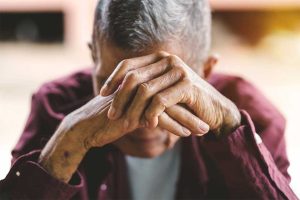
Elder abuse can happen to anyone. If someone has been abused, you should know how to help them. And if it has happened to you, then you should be aware of what it means and how to prevent it from happening again.
The best way to treat the abuser is through therapy and counseling. If they are willing, an elderly person will have a better life in their senior years.
The elderly person and their friends can also get help from the police department and social services. They will take care of any legal issues, including getting the abuser out of the house if necessary!
If you suspect that an elder is being abused or have been a victim yourself, don’t wait to find help! This could be your second chance at a happy and healthy life.
Therapy Options For Elder Abuse
There are a few different options when it comes to therapy. These include individual sessions with a therapist, group counseling, and even telephone or online services. There is also the option of in-home care if this would be more beneficial for your loved one!
It’s important that you do what you can to help an elderly person who has been abused. This could mean getting them the help they need to recover and protect themselves from future abuse.
If you’re an elder in need of help, then do yourself a favor and contact the authorities. They will work with your doctors to find out what is going on.
There are also support groups that you can join if this has happened to someone you know! If anyone tries to hurt or abuse another elderly person again, they might have some serious legal consequences.
How To Prevent Elder Abuse?
There are some things you can do to prevent elder abuse. When it comes to caregivers, make sure that they know how important it is not to hurt your loved ones!
You should also have a plan in place for if the abuser hurts or steals from your elderly person before this happens. This way, there will be no confusion when time matters.
If you’re an elder, it’s important to be aware of what is happening around you. If something doesn’t seem right or if someone makes you feel uncomfortable, speak up! You are not alone and there are people who want to help.
It’s also important that your friends and family know about the signs of abuse. This way, they can help you if anything happens. And do not be afraid to tell them about your concerns.
Helping Someone Is Going Through Elder Abuse
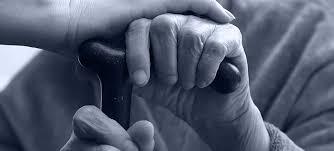
If you want to help someone who is going through elder abuse, then listen to them! It’s important that they know their options and what kind of treatment will work best for them.
Don’t be afraid to call the authorities if you think something is wrong. They can help make sure that your loved one gets everything they need from a medical and legal standpoint.
If you’re an elder abuse victim, don’t be afraid to get help! You are not alone and there are people who want to make sure that you have the best life possible.
You can also join a support group if this is something that has happened to someone close to you. This way, you will know that you aren’t the only one dealing with this type of situation.
When it comes to senior citizens, elder abuse is something that nobody wants to think about. But if you do have concerns or suspicions, then speak up! You can protect your loved ones from more pain and suffering by taking action right away.
Conclusion
Elder abuse is a serious issue that affects many people. The statistics are alarming and it’s important to be aware of the warning signs. This is a difficult topic to discuss. Certain factors, like age or gender, can make some people more likely to be affected by this than other people. We want you to know how to know what is normal aging and what is abuse. You need to be careful and look at these things. If you think someone is being abused, call your local authorities right away. They will help the person, and try to stop this from happening again.
A Word From Therapy Mantra
Your mental health — Your psychological, emotional, and social well-being — has an impact on every aspect of your life. Positive mental health essentially allows you to effectively deal with life’s everyday challenges.
At TherapyMantra, we have a team of therapists who provide affordable online therapy to assist you with issues such as depression, anxiety, stress, workplace Issues, addiction, relationship, OCD, LGBTQ, and PTSD. You can book a free therapy or download our free Android or iOS app.
